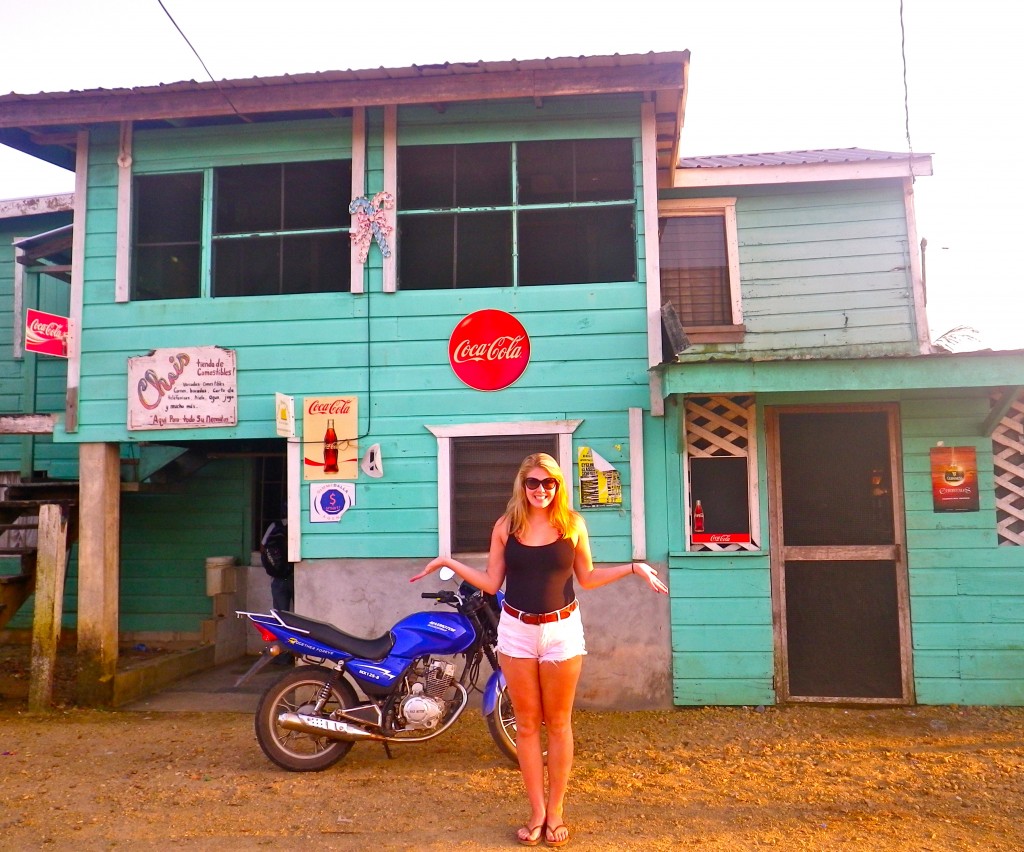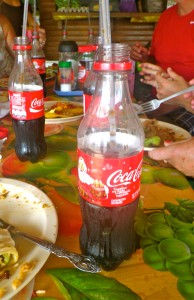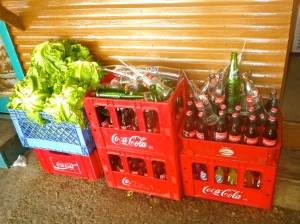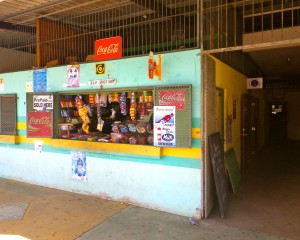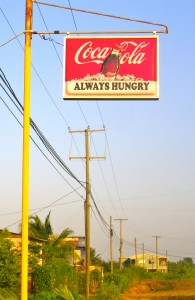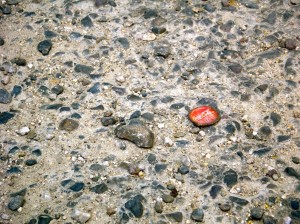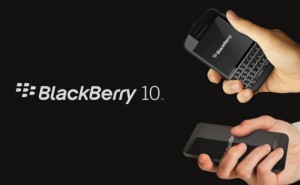During my reading break, my family and I ventured to a minuscule town called Hopkins in southern Belize, a country home to cave tubing, the national animal called a tapir, the Mayan ruins of Caracol and Xunatunich, and ironically enough, Coca Cola that sells for less than a bottle of water. As I noticed a Coca Cola sign – and sometimes several – on almost every store front and home across the countryside, my research found that this year marks the 50th anniversary of Coca Cola’s monopoly in Belize, owned by sole bottler Bowen & Bowen, Ltd., whose founder became the second richest man in the country. As Belize, formerly known as British Honduras, became fully independent from the United Kingdom in 1964, the years prior were subject to economic and political turmoil between the PUP and UDP parties, a situation that allowed the local elite of Barry Bowen to acquire duty-free import concessions and tax exemptions that gave him the opportunity to build Bowen & Bowen Ltd. and gain a foothold as the primary distributor of Coca Cola. Commenting on a painting that he did for a contest celebrating Coca Cola’s 50th anniversary, a Belizean
sometimes several – on almost every store front and home across the countryside, my research found that this year marks the 50th anniversary of Coca Cola’s monopoly in Belize, owned by sole bottler Bowen & Bowen, Ltd., whose founder became the second richest man in the country. As Belize, formerly known as British Honduras, became fully independent from the United Kingdom in 1964, the years prior were subject to economic and political turmoil between the PUP and UDP parties, a situation that allowed the local elite of Barry Bowen to acquire duty-free import concessions and tax exemptions that gave him the opportunity to build Bowen & Bowen Ltd. and gain a foothold as the primary distributor of Coca Cola. Commenting on a painting that he did for a contest celebrating Coca Cola’s 50th anniversary, a Belizean 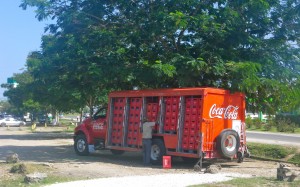 high school student quoted that, “Everyday, we see Belizeans after work, they go to drink a Coke. During dinner or lunch, they would also drink Coke […] it’s culture and tradition.”
high school student quoted that, “Everyday, we see Belizeans after work, they go to drink a Coke. During dinner or lunch, they would also drink Coke […] it’s culture and tradition.”
l
Within the context of North America, Coca Cola has been extremely successful in developing brand equity of such strength in a highly competitive industry, most notably against their most direct counterpart of Pepsi; however, being the only soft drink available in Belize, Coca Cola managed to integrate themselves into the culture of Belizeans, and generate a visceral, loyal reaction to their product. Although it is much easier to gain traction in an industry with no competition, Coca Cola positioned itself within the market to be accessible and identifiable with all aspects of Belizean life, making their product something of an expectation as a purchase, rather than a choice.
Coca Cola was a little taste of home during my trip to Belize, but that being said, nothing beats sitting on the beach with one of Bowen & Bowen Ltd.’s more local monopolies… Belikin (or as we like to say, Be Likin’) beer.

